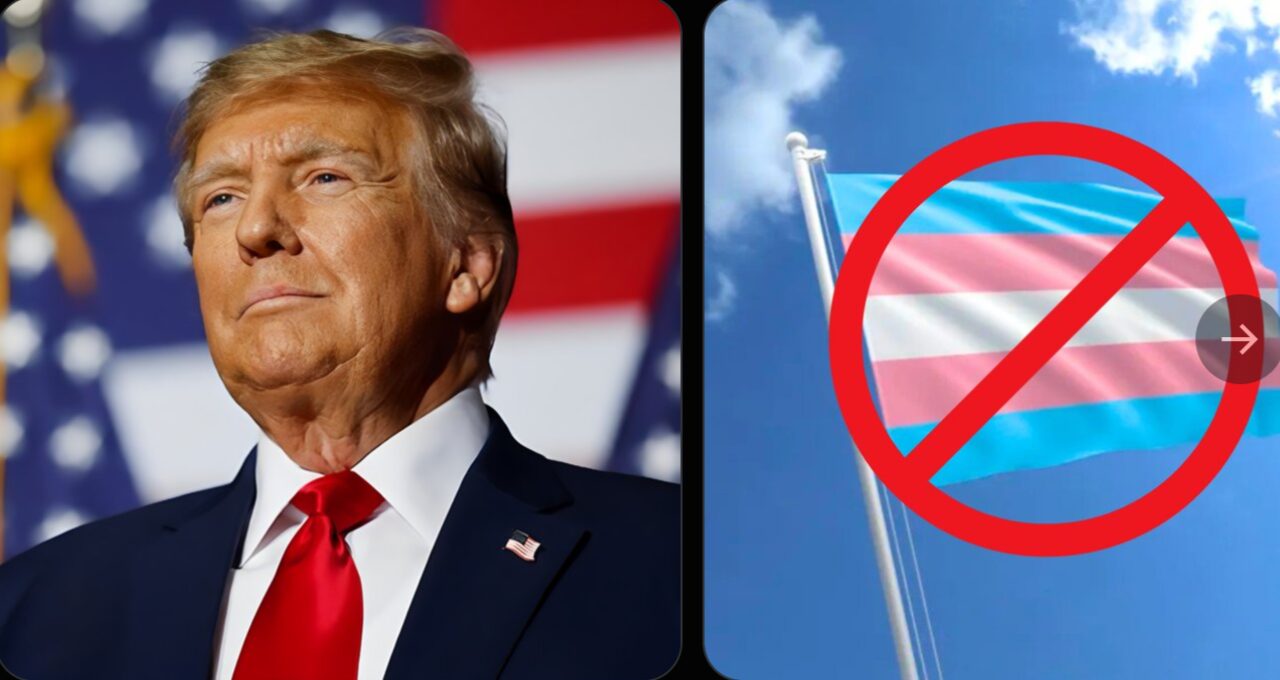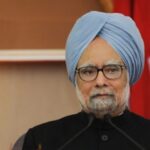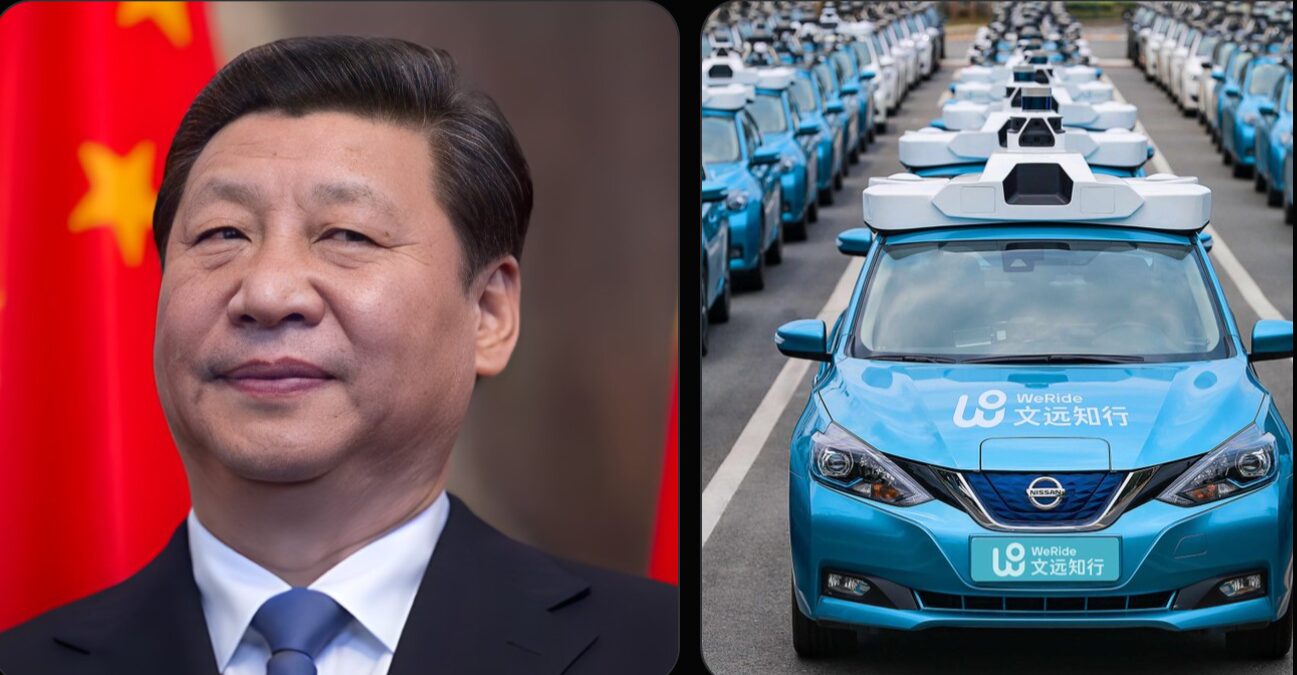Colombian president petro gustavo caught having an alleged affair with a transgender
In a shocking and unexpected turn of events, Colombian President Gustavo Petro has recently been caught in the midst of an alleged affair with a transgender individual. The news has sparked widespread speculation, and while both Petro and the transgender individual involved have neither confirmed nor denied the allegations, the story has quickly become a topic of heated discussion within Colombia and beyond. The situation is raising questions about the intersection of personal lives, politics, and the growing conversation surrounding gender identity.
Background on president petro and his political career
Gustavo Petro, a former guerrilla fighter turned politician, has been a prominent figure in Colombia’s political landscape for years. Having served as the mayor of Bogotá and now as the President of Colombia, Petro has built a reputation as a progressive leader, advocating for social justice, environmental protection, and peacebuilding efforts in a country that has long struggled with violence and inequality.
Since taking office in August 2022, Petro has focused on implementing ambitious reforms, including addressing the country’s deep-rooted issues with poverty, corruption, and violence. His leadership has been met with both praise and criticism, and his presidency has drawn significant attention both in Colombia and on the international stage.
However, the recent controversy surrounding his personal life is a stark contrast to his political persona. While politicians’ private lives often remain separate from their public duties, Petro’s alleged affair has blurred the lines between the personal and the political in a way that is captivating public interest.
The affair allegations and the public’s reaction
The allegations of an affair involving President Petro and a transgender individual have made headlines for multiple reasons. First and foremost, the nature of the affair itself is unusual given Petro’s status as a married man. However, what has really fueled the controversy is the identity of the other person involved—a transgender individual.
In a country like Colombia, where LGBTQ+ rights have historically been a contentious issue, this revelation has sparked intense debate. The fact that a sitting president is alleged to have an affair with a transgender person has led to both condemnation and support, with many people questioning the potential political ramifications of such a relationship.
As of now, neither President Petro nor the transgender individual involved has publicly addressed the accusations. This silence has only fueled further speculation, leaving room for more rumors and assumptions to circulate. While some critics have raised concerns about the potential political fallout, others have taken a more progressive view, seeing the situation as an opportunity to discuss issues of gender identity and LGBTQ+ inclusion in a more open and accepting way.
The political implications of the scandal
The potential political consequences of this affair could be far-reaching. While some may view the alleged affair as a private matter, others believe it may have a significant impact on President Petro’s political credibility and support among the Colombian population.
Petro has long been a vocal advocate for LGBTQ+ rights and progressive policies, and his administration has taken steps to address gender equality and inclusivity in Colombia. However, this scandal threatens to undermine some of the progress he has made in that regard. For those who oppose Petro’s policies, this alleged affair may serve as a convenient point of attack to discredit him and undermine his political platform.
On the other hand, there are those who believe that the controversy could work in Petro’s favor. Given the increasing global movement toward LGBTQ+ acceptance, some view the affair as an opportunity to further challenge the status quo in Colombian society. In a nation that has seen significant strides in LGBTQ+ rights in recent years—such as the legalization of same-sex marriage in 2016—the scandal could prompt a more open conversation about gender identity, sexuality, and the complexities of political leadership.
Regardless of the outcome, it’s clear that the affair has the potential to either strengthen or weaken Petro’s political standing, depending on how the public perceives the situation and how he chooses to handle it moving forward.
The growing conversation around gender identity in colombia
The alleged affair has also brought attention to the broader issue of gender identity in Colombia. While the country has made significant progress in advancing LGBTQ+ rights, there is still much work to be done in terms of societal acceptance and understanding.
In recent years, Colombia has taken steps toward greater inclusivity for the transgender community, such as allowing individuals to change their gender marker on official documents and passing laws to protect LGBTQ+ people from discrimination. However, transgender individuals still face significant challenges, including social stigma, violence, and discrimination in many aspects of life, from healthcare to employment.
The allegations surrounding President Petro have put the spotlight on these issues in a way that may provoke a broader discussion about the rights and treatment of transgender individuals in Colombia. For some, the affair is a reminder of the work that still needs to be done to create a more inclusive and accepting society. For others, it’s an opportunity to reflect on the complexities of public figures’ personal lives and how those lives intersect with their political agendas.
Public reaction to the scandal and social media frenzy
In today’s digital age, scandals often spread rapidly through social media, and this affair is no exception. Social media platforms have become a battleground for public opinion, with users weighing in on both sides of the issue. Some are using the affair as an opportunity to criticize President Petro and his political stance, while others are defending him and calling for more respect for privacy and personal freedom.
The situation has ignited a social media frenzy, with memes, hashtags, and commentary flooding platforms like Twitter, Instagram, and Facebook. It’s a reflection of the increasing role that social media plays in shaping public discourse, particularly when it comes to political scandals. The rapid dissemination of information and misinformation can exacerbate the situation, leaving little room for a balanced discussion.
For Petro, managing public perception amid this frenzy will be a delicate task. While the affair may fade from the headlines over time, the conversations it sparks about gender identity, politics, and privacy will likely persist.
Final thoughts
The alleged affair involving President Gustavo Petro and a transgender individual has taken Colombia by storm, raising important questions about privacy, political integrity, and the evolving landscape of LGBTQ+ rights. As both sides of the debate continue to play out, it remains to be seen what the long-term implications will be for Petro’s presidency and for the country’s broader social and political climate.
As more details emerge—or if the allegations remain unresolved—it’s clear that this scandal has already sparked an important conversation about gender identity, politics, and the personal lives of public figures. For now, the world is watching to see how the situation unfolds and how it will impact both President Petro’s leadership and the future of LGBTQ+ rights in Colombia.

















Post Comment